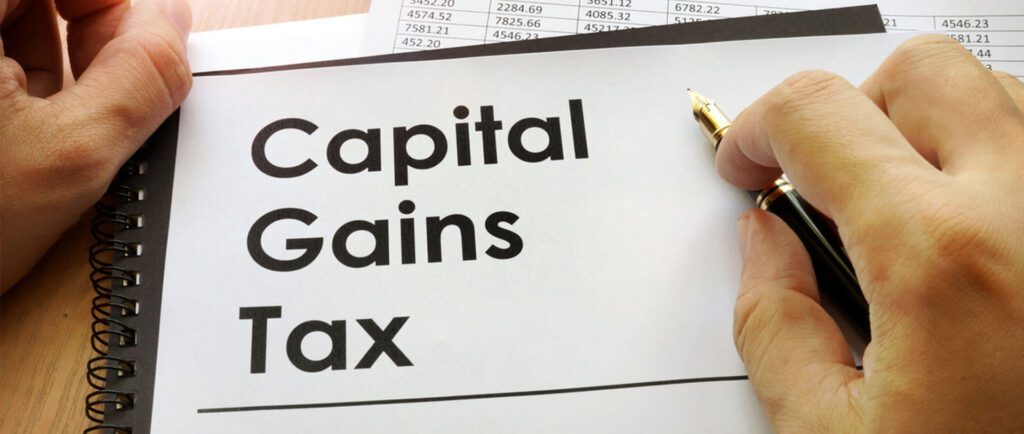The Federal Government has provided clarity on how the newly introduced Capital Gains Tax (CGT) on share disposals will apply, amid rising concerns from capital market stakeholders.
Speaking during an engagement session organized by the Nigerian Exchange Group (NGX), Taiwo Oyedele, Chairman of the Presidential Fiscal Policy and Tax Reforms Committee, explained that the 25% CGT will only apply when proceeds from share sales are diverted into fixed income securities or other non-equity assets.
According to him, the new policy is designed to encourage reinvestment in equities, which supports companies, jobs, and long-term economic growth.
Oyedele emphasized that retail investors will largely be unaffected, as the exemption threshold of N150 million annually places 99.9% of individual investors outside the tax scope.
“Only very few big investors cross that threshold, mostly institutional players or high-net-worth individuals,” he noted.
To qualify for exemption, proceeds must be reinvested in another Nigerian company—listed or unlisted. Investors who exit equities and move into government bonds or other fixed income assets will be liable to pay CGT.
Share Costs, Inflation, and FX Concerns
On the contentious issue of cost determination, Oyedele explained that the purchase price at acquisition remains the reference cost, even if the shares were acquired years ago.
He admitted that inflation creates distortions, making historical costs appear undervalued while proceeds look larger in nominal terms. Although indexation was considered, adjusting costs for inflation was deemed too complex due to data limitations.
Oyedele also addressed exchange rate depreciation, noting that many investors who entered the market before May 2023 had already recorded significant gains due to the naira’s sharp fall.
“For some, the ready-made dollar gains are in addition to normal share gains. But we cannot use the tax system to solve all macroeconomic problems,” he stressed.
He further observed that over the past decade (2014–2024), the naira depreciated six-and-a-half times faster than the Kenyan shilling or South African rand, attributing this to policy mismanagement.
While acknowledging that some investors may feel short-term pain, Oyedele insisted that the reforms are aimed at medium- to long-term benefits.
“For equity investors, the goal is higher company profitability and stronger cash flows leading to better valuations. Even if you pay 25% instead of 10%, the net outcomes will be better over time,” he said.
He urged stakeholders to run real data simulations, arguing that the balance of considerations makes the policy the most sustainable path for Nigeria’s fiscal future.
NGX Engagement
The NGX explained that the session was part of its broader efforts to foster clarity, transparency, and collaboration among capital market operators. It stressed that open dialogue is vital to maintaining investor confidence, safeguarding market efficiency, and positioning Nigeria’s capital market as a driver of sustainable economic prosperity.
For retail investors, the N150 million exemption threshold means they will not face CGT on share disposals.
The bigger impact will fall on institutional investors, pension funds, asset managers, and high-net-worth individuals who frequently shift large funds between equities and fixed income assets.
This policy underscores the government’s broader tax reform agenda not just to raise revenue but also to channel capital into sectors that support long-term economic growth.
Stay tuned to 9am News Nigeria for more Breaking News, Business News, Sports updates And Entertainment Gists.
















